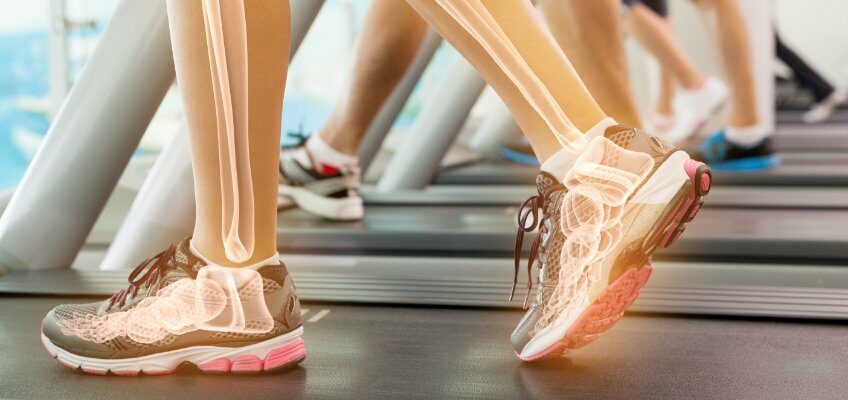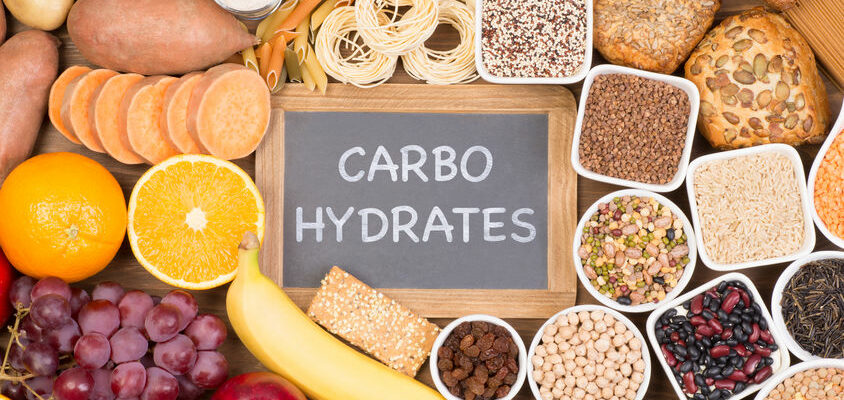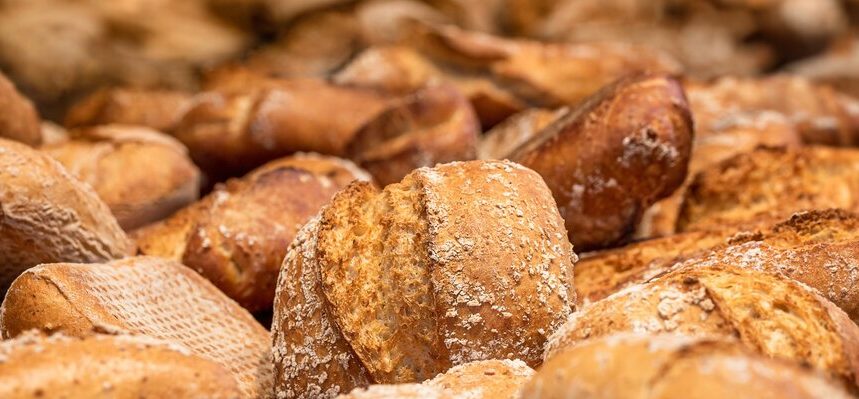
Our bones are the foundation of our bodies, and while we may not always appreciate them until we’ve injured one, their health is vital to our well-being. Yet, many people do not start looking after their bone health until they start experiencing pain or developing bone disease. As a matter of fact, it is estimated that every year 1.5 million individuals fracture a bone due to bone disease¹. No matter whether you are a sporty adventurer who loves running and hiking or more of a homebody who prefers gardening and cooking, there is never a better time than now to start looking after your bones. Read on to explore the importance of bone health and how your lifestyle and diet can help keep your bones healthy.
How Lifestyle and Other Factors Affect Bones
Bone health depends on several factors² in our lives, including:
- Diet (specifically calcium intake)
- Physical activity (being less active makes you more prone to osteoporosis)
- Genetics (family history and ethnicity can influence bone health)
- Gender (women are at higher risk for osteoporosis)
- Size (being too thin or having a very small frame can put you at risk for osteoporosis)
- Tobacco and alcohol use (research suggests these substances can weaken bones)
- Hormones (bone loss can be caused by too much thyroid hormone)
- Eating disorders (being underweight, for both men and women, can weaken bones)
- Certain types of medication (including corticosteroid, cortisone, etc, in long-term use)
Taking all of these factors into account and doing what is possible to remedy them may help prevent osteoporosis in the long run.
You Should Start Young
Like much of our body, our bones are capable of regenerating themselves. Basically, our bones are always remodeling by making new bones and breaking down the old ones. When we are young this happens quickly, and as we grow older that process slows down. The minerals that your bones collect from ages 8 to 30³ add up to your body’s peak bone mass, which will affect your bone health for the rest of your life. Although bone remodeling doesn’t stop at the age of 30, after this age, more bone mass is lost than regained. Therefore, if you have a high bone mass at the age of 30, your chances of developing osteoporosis are much lower.
Want strong bones?
The two types of nutrients that are most important for bone health are calcium and vitamin D. Foods that contain calcium⁴ are:
- Dairy products
- Leafy green vegetables
- Soy
- Nuts
- Bread made with fortified flour
- Fish like sardines and pilchards
- Plant-based drinks fortified with calcium
While vitamin D can be difficult to obtain from food, as it mainly comes from the sun’s action on the skin, some foods that are good sources of this vitamin include:
- Oily fish like salmon and mackerel
- Egg yolks
- Fortified foods like cereal
Considering that most people will get their calcium from dairy products, individuals who are vegan or dairy-free will need to find theirs elsewhere. This may include foods like soy, sesame seeds, tahini, pulses, brown and white bread, and even dried fruits like raisins, prunes, and figs. Ensuring you consume enough calcium and vitamin D will help boost your bone health today and for years to come.
References
- Office of the Surgeon General (US). Bone Health and Osteoporosis: A Report of the Surgeon General. Rockville (MD): Office of the Surgeon General (US); 2004. 4, The Frequency of Bone Disease. https://www.ncbi.nlm.nih.gov/books/NBK45515/
- “How to Keep Your Bones Healthy.” Mayo Clinic, Mayo Foundation for Medical Education and Research, 6 Mar. 2021, www.mayoclinic.org/healthy-lifestyle/adult-health/in-depth/bone-health/art-20045060.
- Baxter-Jones AD, Faulkner RA, Forwood MR, Mirwald RL, Bailey DA. Bone mineral accrual from 8 to 30 years of age: an estimation of peak bone mass. J Bone Miner Res. 2011 Aug; 26(8):1729-39. doi: 10.1002/jbmr.412. PMID: 21520276.
- “Food for Healthy Bones.” NHS Choices, NHS, www.nhs.uk/live-well/bone-health/food-for-strong-bones/.
Ashuni Pérez is a writer in the culinary, as well as health and wellness industries. With a background in teaching and digital media, she loves to learn and help others discover more about their food, where it comes from, and how best to prepare it. A foodie through and through, she is always searching for new recipes and the freshest ingredients.











Leave A Comment